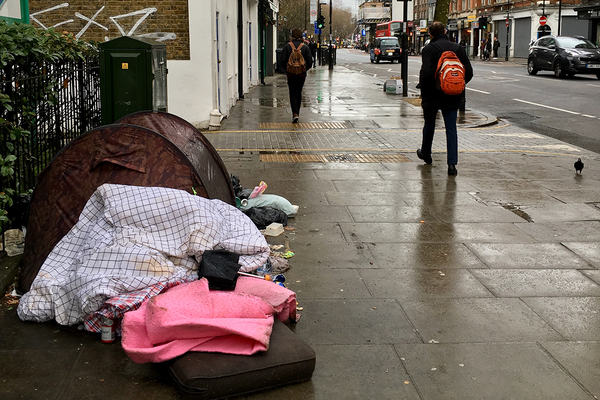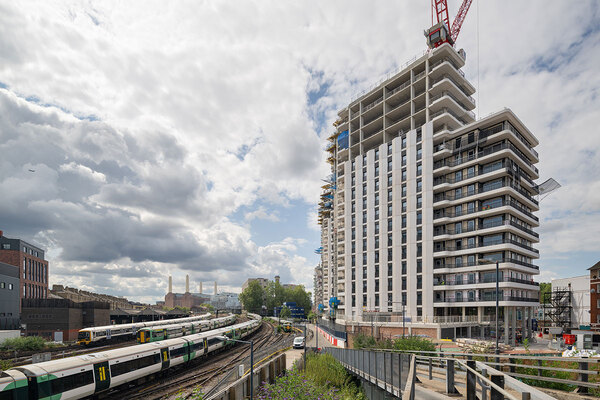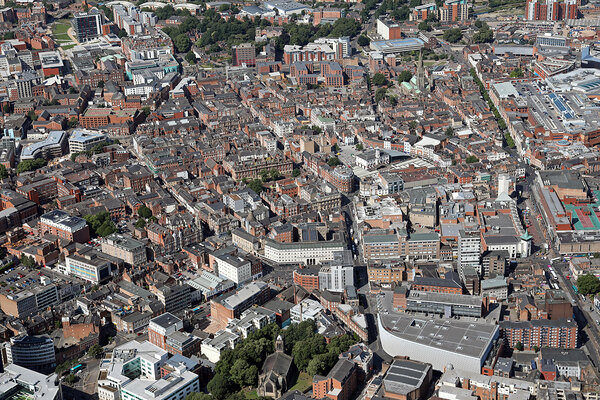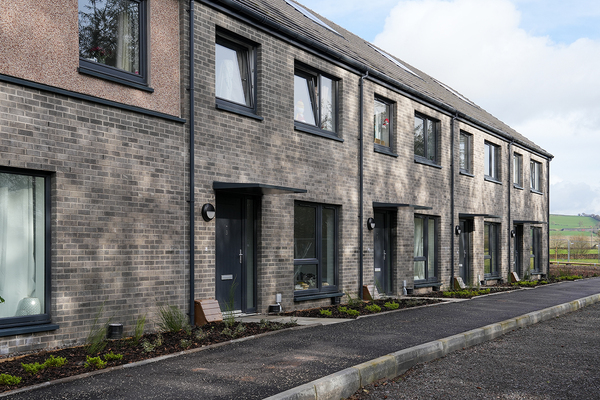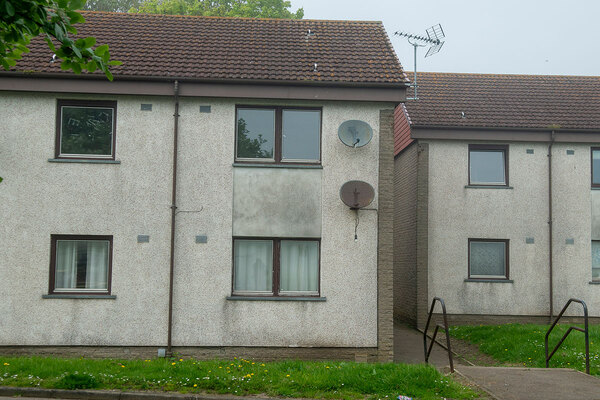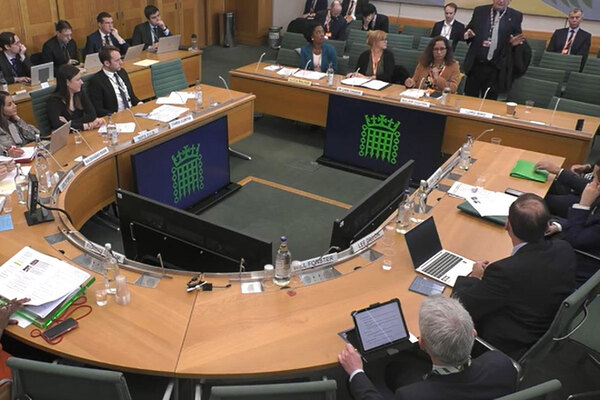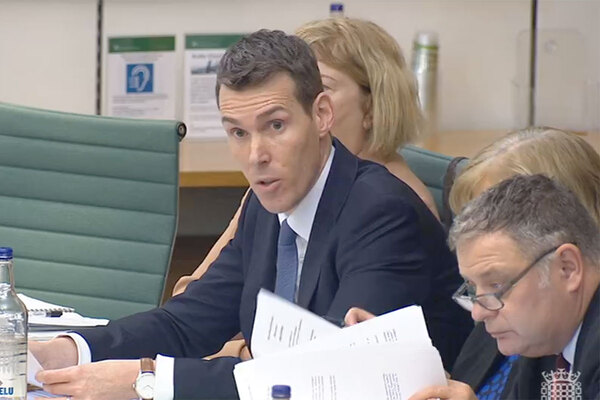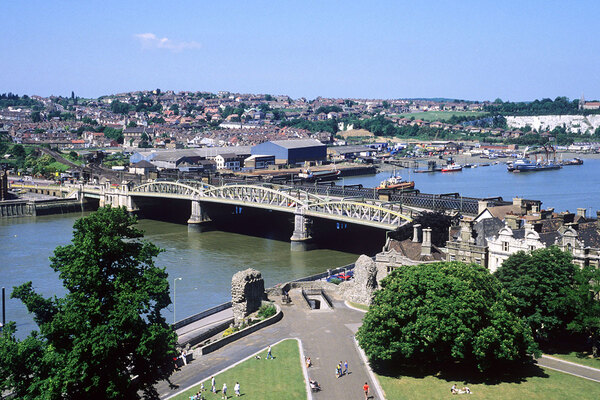You are viewing 1 of your 1 free articles
Shelter warns housing crisis is ‘out of control’ amid soaring Christmas homelessness figures
A national homelessness charity has declared a housing “emergency” in the run-up to Christmas, amid a sharp 14% rise in the number of homeless people in the past year.

Research from Shelter showed at least 309,000 people in England are homeless, including almost 140,000 children. The stark increase amounts to 38,100 more people than in December 2022.
About 3,000 people are thought to be sleeping rough on any given night, a 26% increase. While 279,400 people – mostly families – are living in temporary accommodation, up 14%.
A further 20,000 people are in hostels or supported accommodation, according to the research, which analysed official government figures and responses to Freedom of Information requests.
The government published a £2bn strategy to tackle rough sleeping last year, including a recent allocation of £150m to help councils to build or buy 1,230 homes for the most vulnerable.
However, the government’s promise to abolish no-fault evictions as part of a wider package of rental reforms now faces an indefinite delay after challenges from private sector landlord lobby groups.
Polly Neate, chief executive of Shelter, believes the rise in homelessness was down to deep-rooted issues in the housing market.
She said: “The housing emergency is out of control. Chronic underinvestment in social homes has left people unable to afford skyrocketing private rents and plunged record numbers into homelessness.
“It is appalling that the government has allowed thousands of families to be packed into damp and dirty B&Bs and hostel rooms, which are traumatising children and making people desperately ill.
“Until the government takes this emergency seriously, our frontline services will do everything they can to help people keep or find a safe home this winter.
“It is only with the public’s support that we can continue to provide vital advice and support, and fight for the solutions people want and need to end homelessness.”
Homelessness is most acute in London, Shelter said, with one in 51 people homeless in the capital. The borough of Newham has the highest rate, with one in 20 people homeless.
The total number of people homeless in the capital has risen 11% to 167,000 people.
Elsewhere, Luton is the local authority with the highest rate of homelessness, with one in 64 people homeless. This is followed by Birmingham and Manchester, where one in 71 are homeless, and Hastings where one in 79 are homeless.
The East Midlands saw the biggest annual increase of 33%, from 5,900 people to almost 7,900 people.
A spokesperson for the Department for Levelling Up, Housing and Communities said: “Everyone deserves a safe place to call home.
“That’s why we are spending £2bn to tackle homelessness and rough sleeping, including making £1bn available so councils can give financial support for people to find a new home and move out of temporary accommodation.
“Temporary accommodation is an important way of making sure no family is without a roof over their head, but councils must ensure it is temporary and suitable for families, who have a right to appeal if it doesn’t meet their household’s needs.”
English councils’ spending on temporary accommodation rose by 9% last year to hit £1.7bn, Inside Housing reported in October.
Spending on temporary accommodation has risen by 62% in the past five years and a third of last year’s total bill – £565m – was spent on emergency B&Bs and hostels, which are considered to be the types of temporary accommodation with the poorest standards.
Figures published in July showed that the number of people in temporary accommodation was at a record high.
Sign up for our homelessness bulletin
Already have an account? Click here to manage your newsletters
